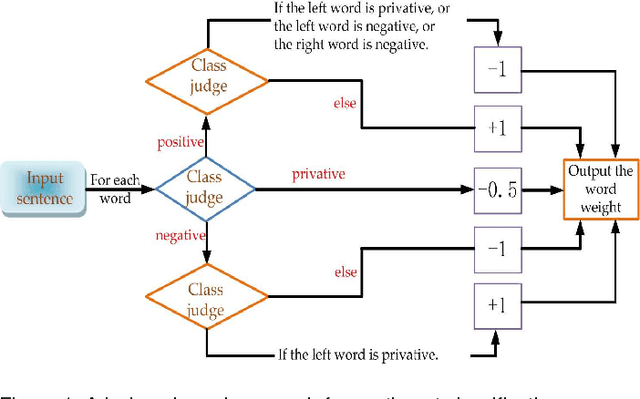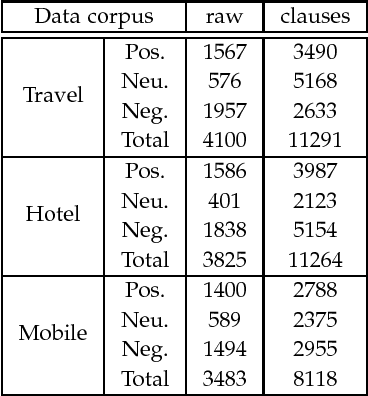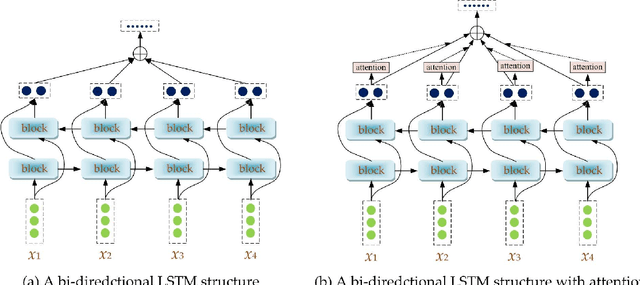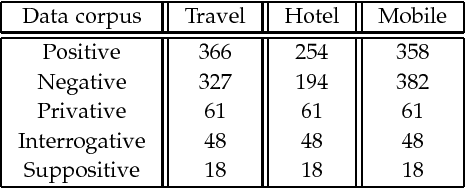$ρ$-hot Lexicon Embedding-based Two-level LSTM for Sentiment Analysis
Paper and Code
Mar 21, 2018



Sentiment analysis is a key component in various text mining applications. Numerous sentiment classification techniques, including conventional and deep learning-based methods, have been proposed in the literature. In most existing methods, a high-quality training set is assumed to be given. Nevertheless, constructing a high-quality training set that consists of highly accurate labels is challenging in real applications. This difficulty stems from the fact that text samples usually contain complex sentiment representations, and their annotation is subjective. We address this challenge in this study by leveraging a new labeling strategy and utilizing a two-level long short-term memory network to construct a sentiment classifier. Lexical cues are useful for sentiment analysis, and they have been utilized in conventional studies. For example, polar and privative words play important roles in sentiment analysis. A new encoding strategy, that is, $\rho$-hot encoding, is proposed to alleviate the drawbacks of one-hot encoding and thus effectively incorporate useful lexical cues. We compile three Chinese data sets on the basis of our label strategy and proposed methodology. Experiments on the three data sets demonstrate that the proposed method outperforms state-of-the-art algorithms.
 Add to Chrome
Add to Chrome Add to Firefox
Add to Firefox Add to Edge
Add to Edge